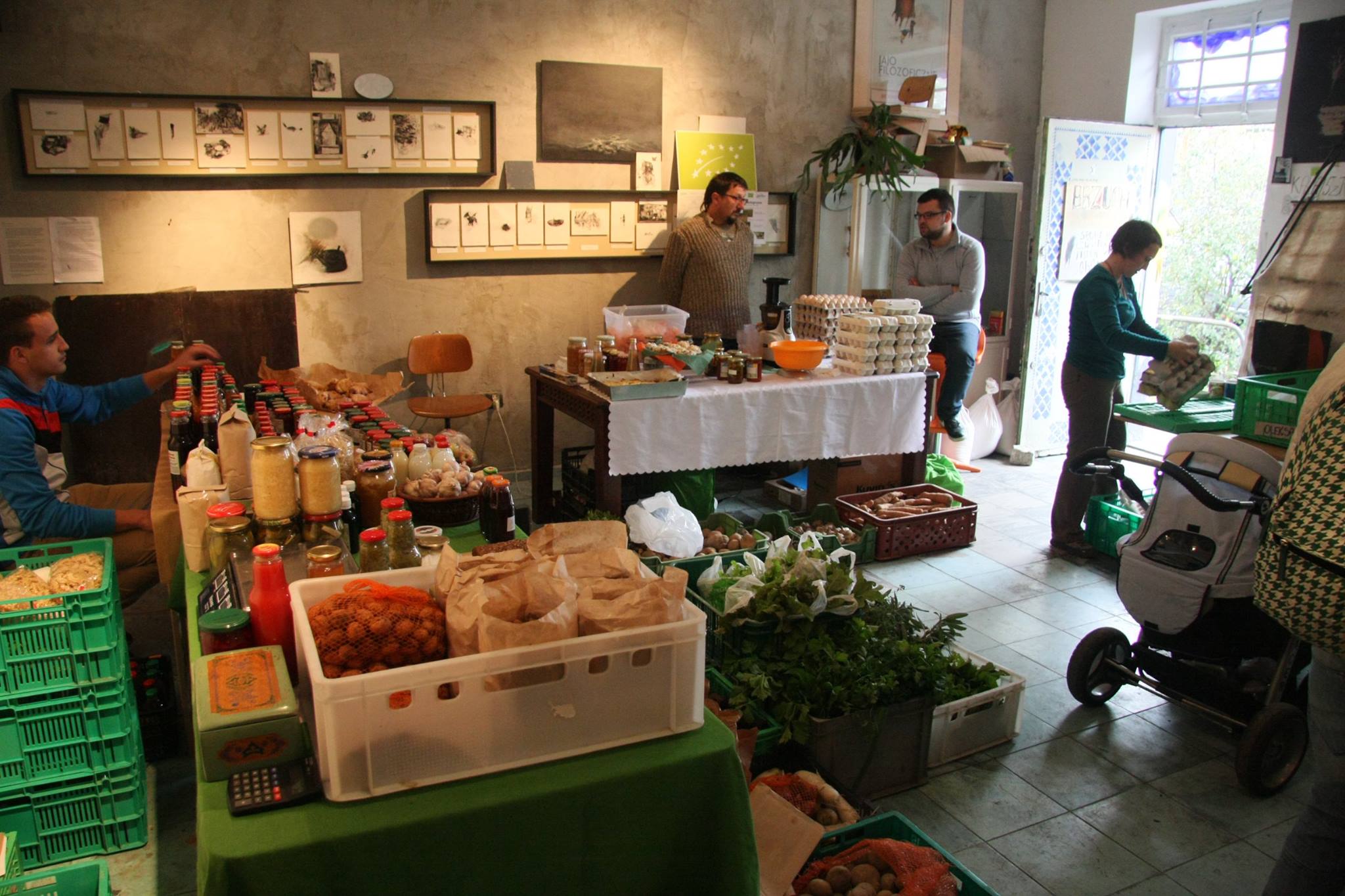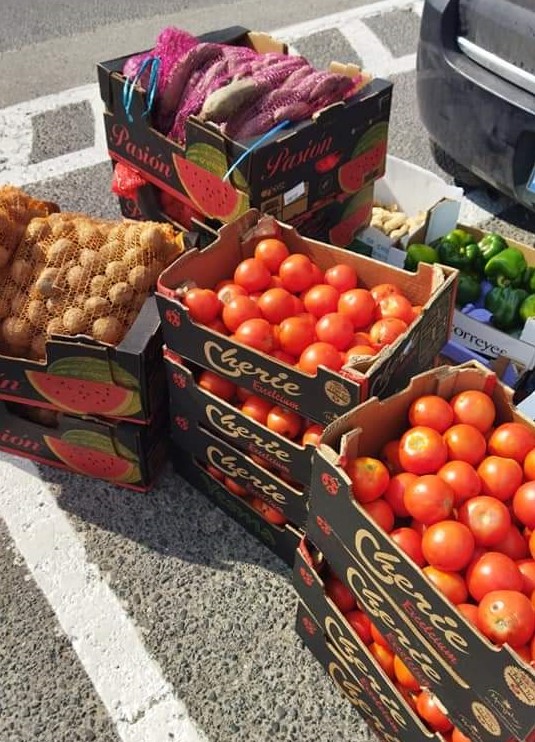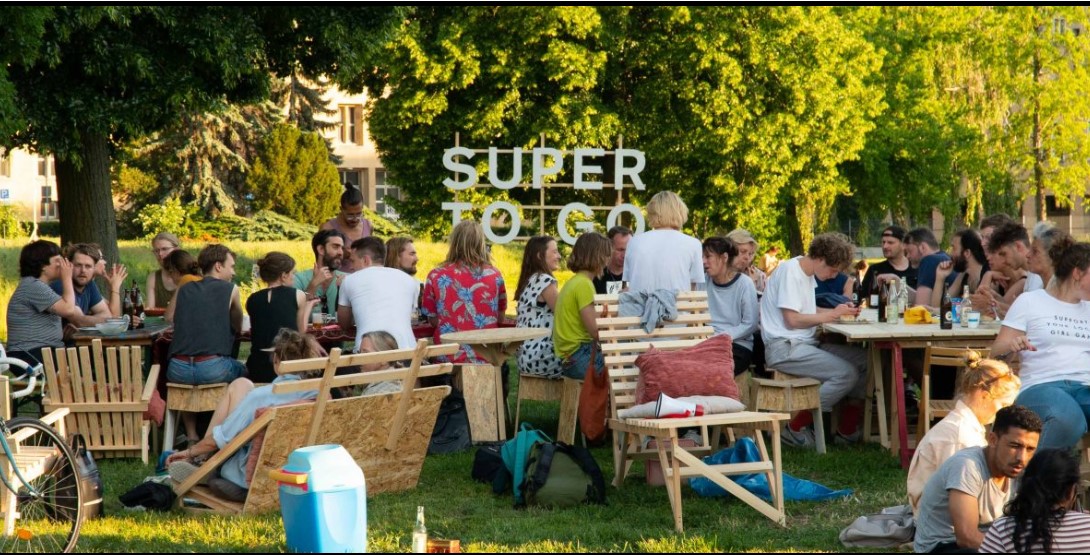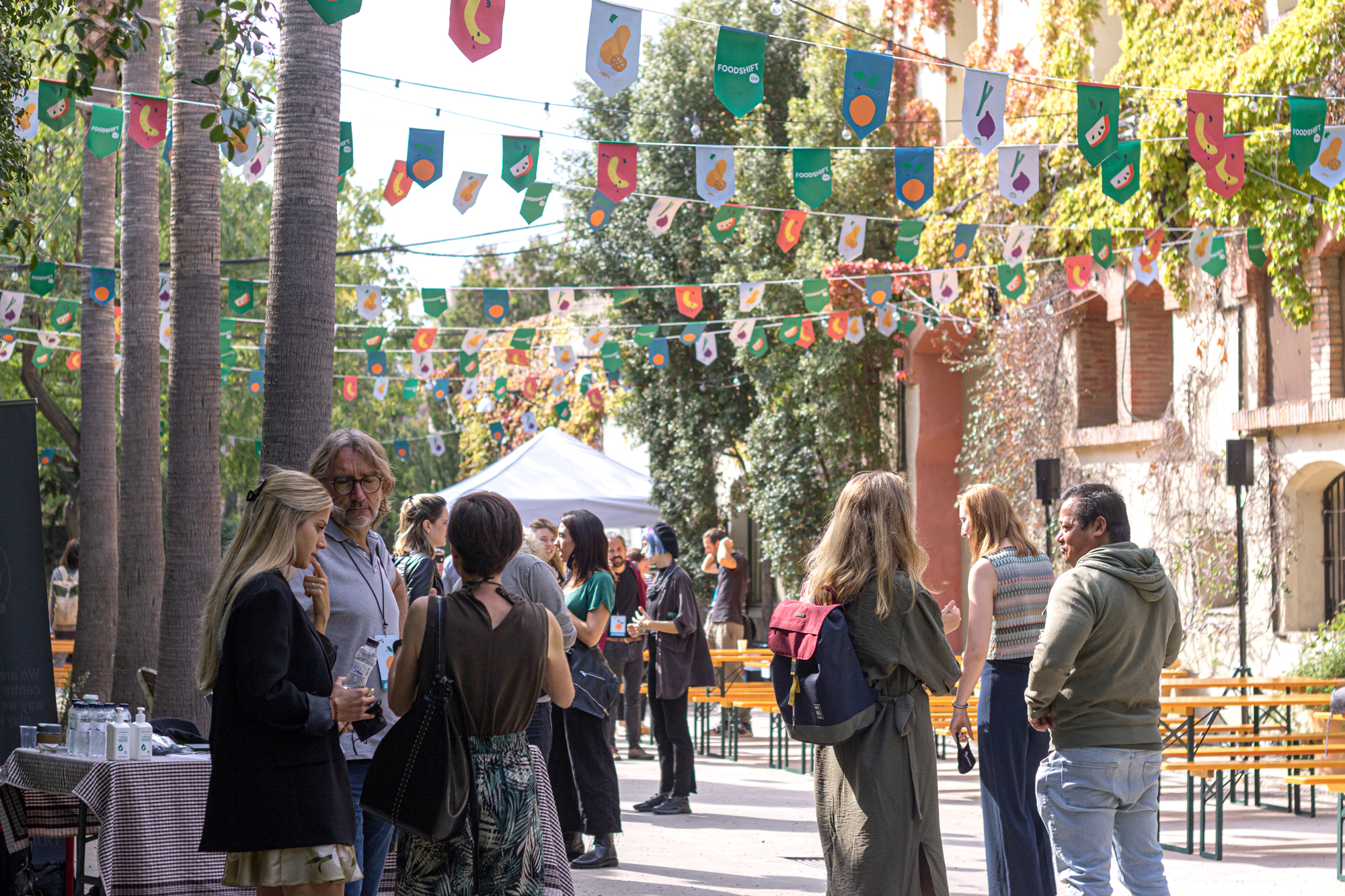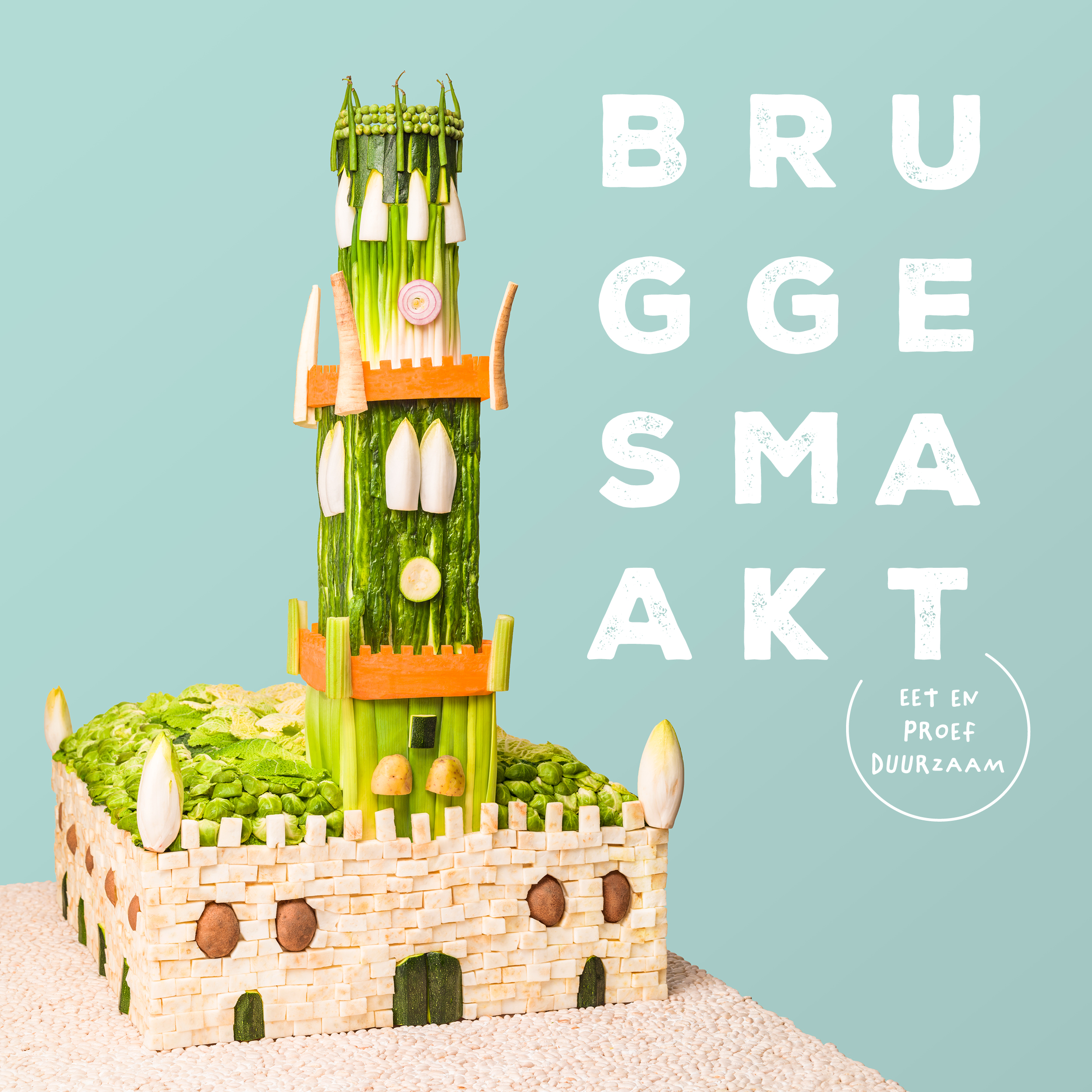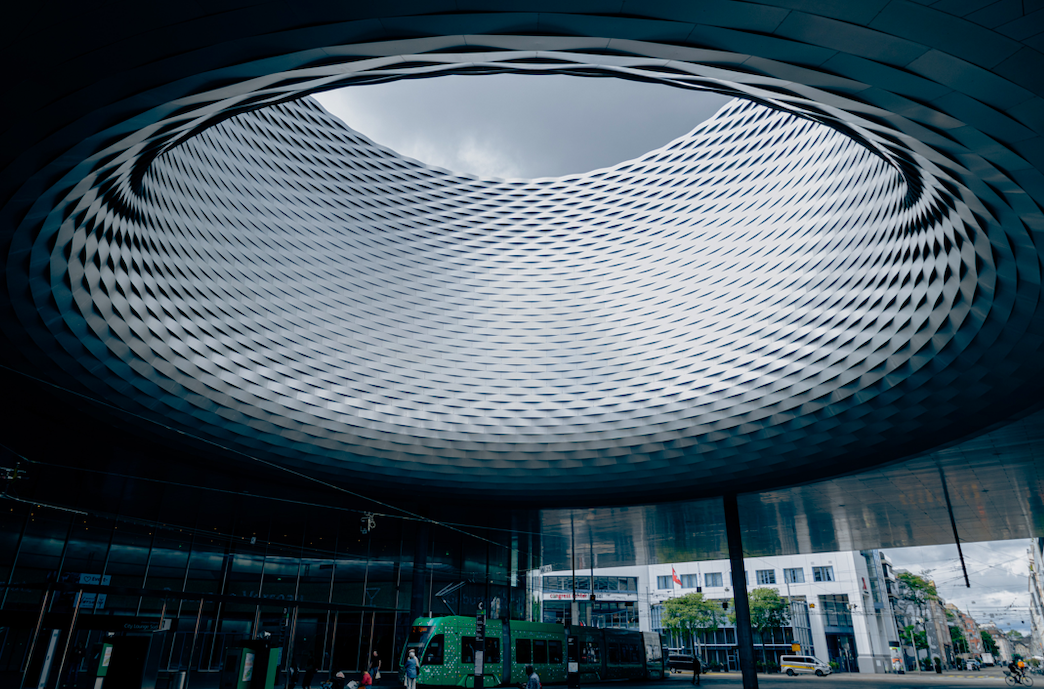Gaia Espirulina
23 August 2022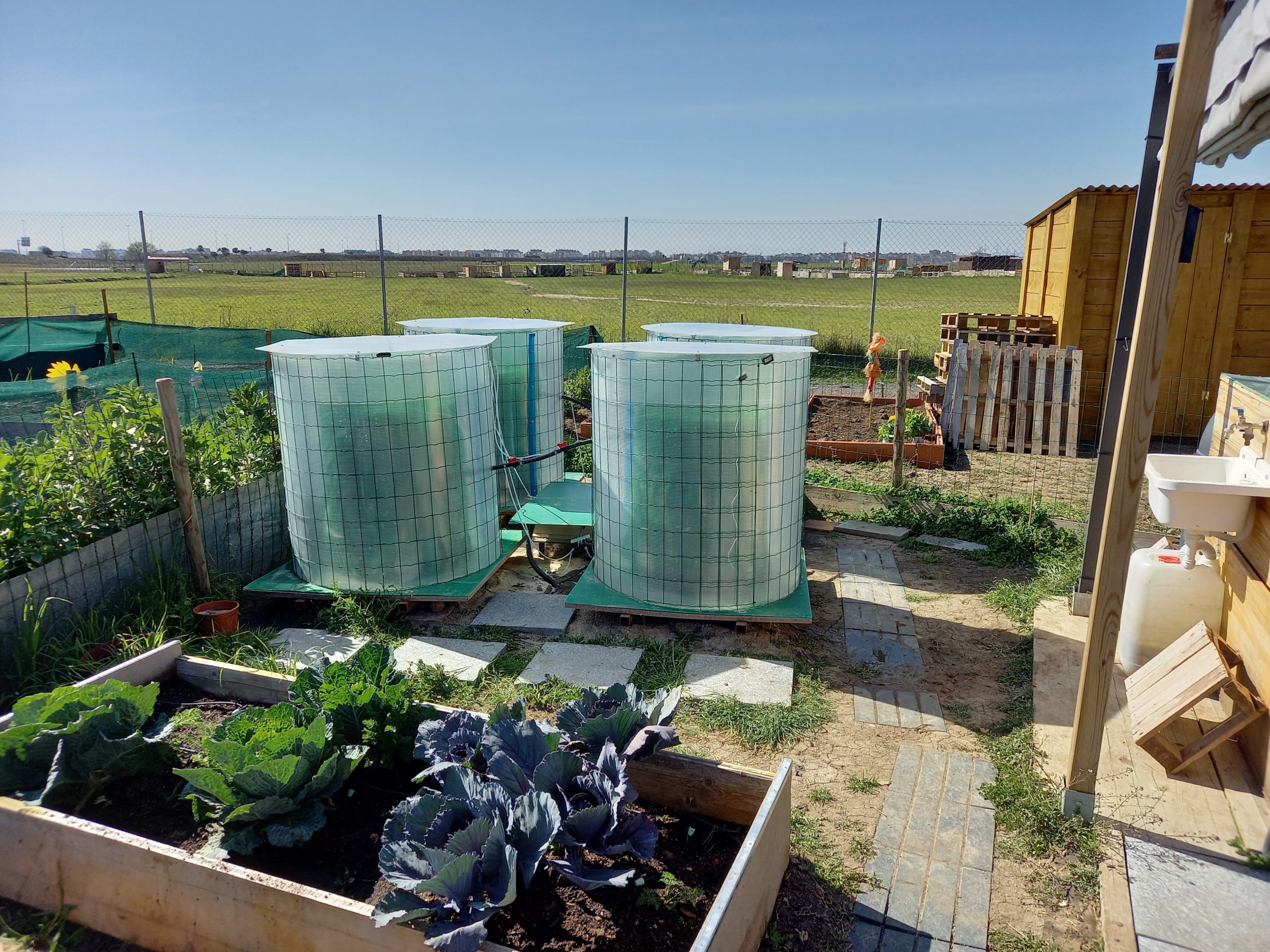
Gaia Espirulina
Madrid, Spain
THE INNOVATION:
Gaia Espirulina aims to cultivate microalgae, specifically spirulina on rooftop terraces in the project’s local neighborhood in Madrid. Spirulina is a “superfood” for humans while its favorite food is CO2. It offers hopeful possibilities for capturing CO2 in large cities while releasing huge amounts of oxygen; something akin to having a rainforest over our heads while producing food with high nutritional qualities. The Gaia Espirulina team has developed a functioning bioreactor prototype to grow spirulina on rooftops, which proposes a better use for these underutilized areas while generating income for neighboring communities by renting out these spaces.
LOOKING AHEAD:
The next step is to test the bioreactor’s installation in a residential building, proving that adequate production can be reached with the proposed system. In addition, understanding how to address the community component of the initiative will be a vital next step in the innovation (maturing).

More Information:
Contact Person: Rubén Lopez Moreno
Email: [email protected]
Instagram: @gaiaespirulina
Info about the Innovators and the Innovation portraits Catalogue
FoodSHIFT 2030 aims to launch an ambitious citizen-driven transition of the European food system towards a low carbon circular future, including a shift to less meat and more plant based diets. This transition is necessary in order to address the pressing challenges for food and nutrition security, contribute to the EU commitment of reducing GHG emissions by at least 40% by 2030, and revitalize urban-rural linkages and partnerships.
To do so, it establishes FoodSHIFT Accelerator Labs for maturing, combining, upscaling and multiplying existing food system innovations across nine front-runner city-regions. In turn these innovations contribute to the FoodSHIFT vision.
An Innovation Catalogue called “Innovation Portraits” was created to snapshot each of the Food Innovations connected with each of the FoodSHIFT Accelerator Labs (FALs) across the 9 city regions.
Info about the Innovation Portraits Catalogue
The Innovation Catalogue will snapshot each of the Food Innovations connected with each of the FoodSHIFT Accelerator Labs (FALs) across the 9 city regions. Each FAL has a dedicated innovation focus and each chapter will present innovation cases from a particular FAL. For each of the innovations presented, a snapshot of the innovation concept and purpose will be given, alongside the key impacts the innovation has in relation to the FoodSHIFT Impact Pathways and the acceleration ambitions of the innovation.
In addition, each innovation portrait is also categorized according to its Innovation Dimension. These dimensions indicate what kind of innovation is being presented, and where in the value chain it plays a role. This is indicated by these tabs. The dimensions are defined as follows:
Product – Innovations in this category address new or updated products, including quality, safety and market impact.
Process – These innovations are relevant to new technologies for processing, logistical improvements, infrastructure and new/improved services.
Social – Innovations in this category are relevant to changes in behaviour (e.g. consumers/citizens), development of new relationships and inclusiveness.
Governance – The innovations address policy developments, including food planning, subsidies, taxing, certificates & labelling.
Learn more about all the Innovation portraits: https://foodshift2030.eu/meet-the-people-changing-your-food-system/
